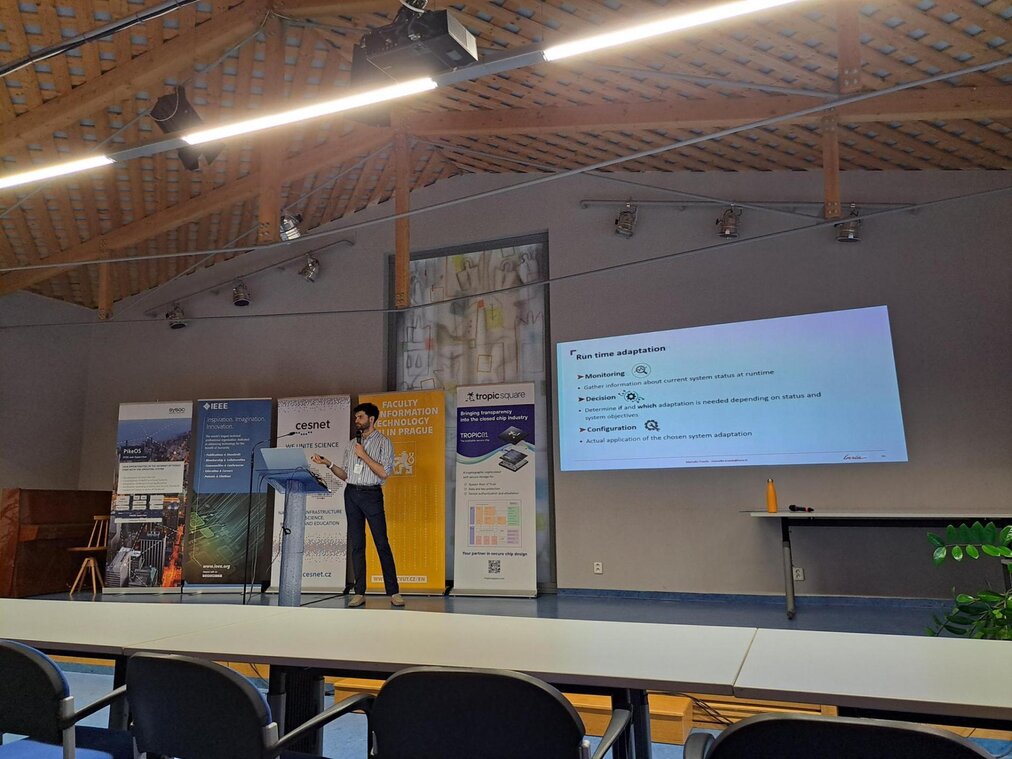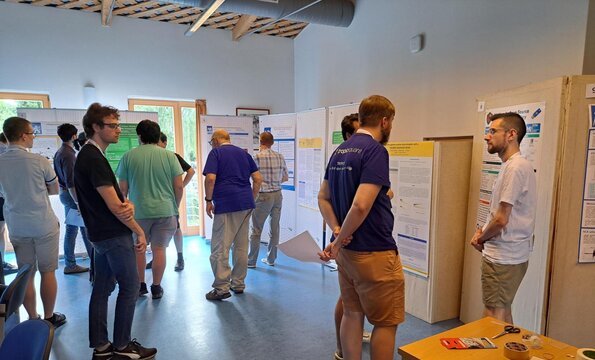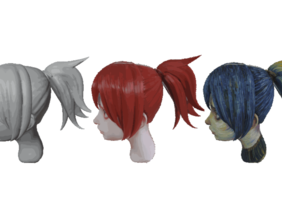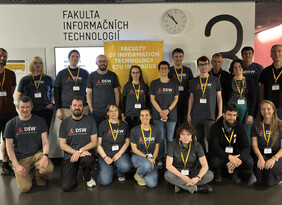
The 13th edition of the Prague Embedded Systems Workshop (PESW), an international research meeting focused on embedded systems, took place from June 26 to 28, 2025, at the Faculty of Information Technology, Czech Technical University in Prague (FIT CTU). PESW provides a platform for Ph.D. students to present their current research and discuss advances in the design, testing, communication, and applications of embedded systems. The event is organized annually by the Department of Digital Design at FIT CTU in cooperation with the DDD research group.
This year, the workshop focused mainly on reliable and low-power designs, embedded security, network monitoring, anomaly detection algorithms, and the use of artificial intelligence, machine learning, and neural networks in embedded applications.
The technical program included ten student papers selected for oral presentations. Participants came from several institutions, including Masaryk University, Brno University of Technology, FIT CTU, FEL CTU, and the Jožef Stefan Institute in Slovenia. In addition to the student presentations, the program was enriched by two invited talks. The first was delivered by Marcello Traiola from Inria Rennes University in France on adaptive embedded systems and multi-objective design. The second speaker, Poki Chen from the National Taiwan University of Science and Technology, focused on the automated optimization of analog integrated circuit design. Industry partner talks were also engaging, covering real-world applications of AI. Petr Štukjunger from STMicroelectronics spoke about MEMS sensors, and Pavel Macenauer from NXP Semiconductors presented on the deployment of neural networks in mobile devices.
“We are pleased that PESW remains a vibrant and inspiring platform for young researchers even after thirteen years. The positive feedback from participants motivates us to organize the next edition in 2026,” says Prof. Ing. Hana Kubátová, CSc., Head of the Department of Digital Design.
The event once again featured a student poster session focused on final thesis projects. Fifteen students participated in the competition. The best posters were selected by a professional jury, and the winners received awards from IEEE and event sponsors. First place was awarded to Martin Endler for his project LionKey: An Open-Source FIDO2 USB Security Key. Second place went to Ondřej Golasowski for RISC-V Open-Source Microarchitecture Analysis and Optimization, and third place was taken by Jan Medek for Implementation of RISC-V Soft-Core Processor on FPGA Board with Real-Time Operating System Support.





